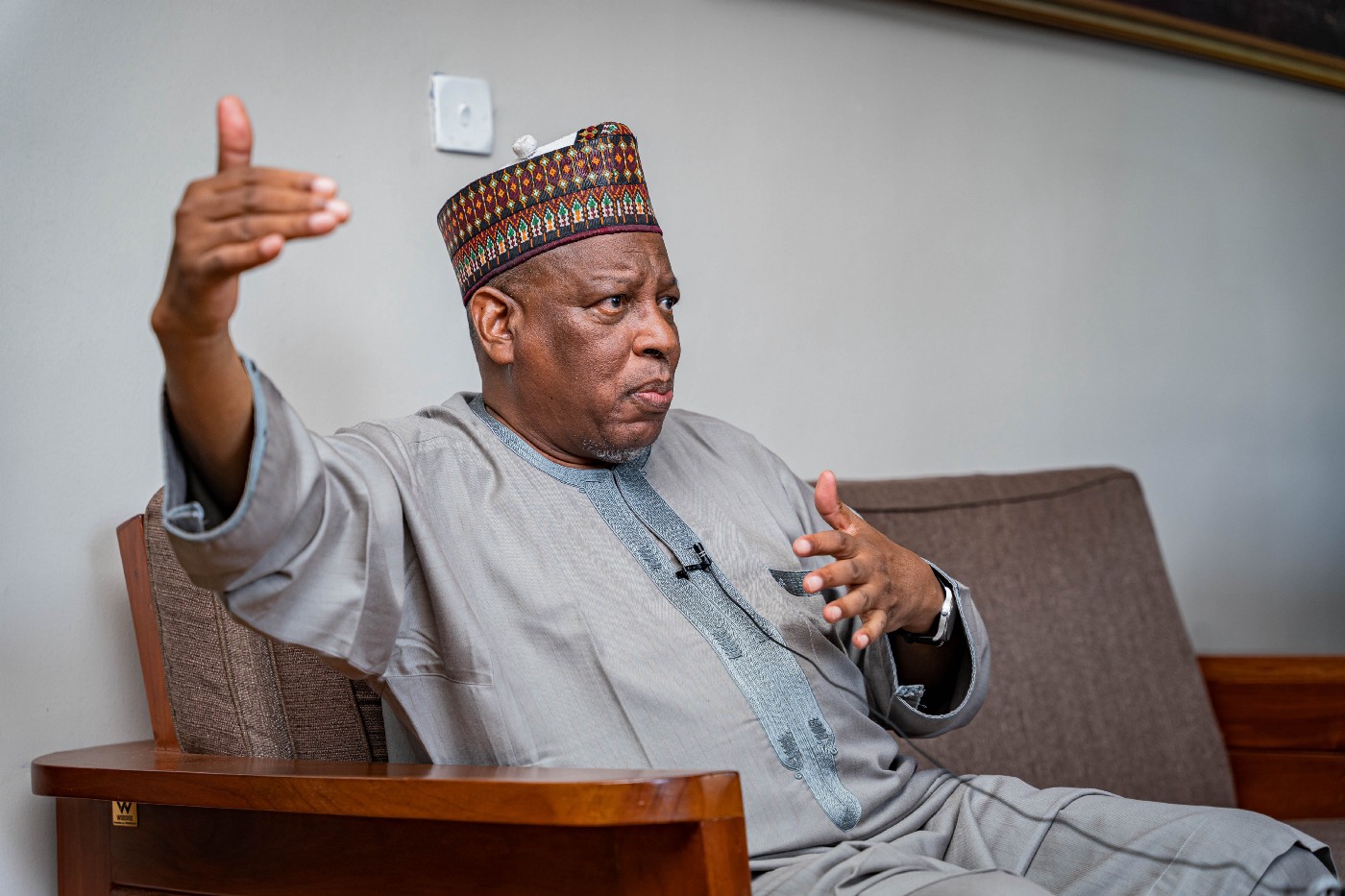Over the years, concerns over the surge of out-of-school children have continued to cast doubt on the 2030 Sustainable Development Goals (SDG), which are to ensure that children complete free, equitable and quality primary and secondary education that will lead to effective learning outcomes.
According to statistics from the United Nations Children ‘s Education Fund (UNICEF), learning corridors across the federation are still out of the region of 10.5 million children.
Check by Daily Trust revealed that the Universal Basic Education (UBE) Act, 2004 as contained in section 2, sub-section 2, ordered that parents and guardians should ensure that their children attend and complete the 9 years that cover both primary and junior secondary school.
But this specific provision of the act has lived only in the book, without significant implementation, forcing the lack of responsibilities of parents to ensure that their children complete basic education.
This provision and few others in the UBE Act are yet to be implemented, underscoring the fact that parts of the act are living in the shadow of itself.
Section 2, sub-section 1 of the act states clearly that every government in Nigeria should provide free, compulsory and universal basic education for every child of primary and junior secondary school age.
According to the act, one of the ways to reduce the out-of-school children syndrome is by vesting responsibilities on parents and guardians. And failure to carry out their roles as stated in the act attracts punishment of fines and imprisonment.
“A parent who contravenes section 2 (2) of this act commits an offence and is liable – (a) on first conviction, to be reprimanded; (b) on second conviction, to a fine of N2,000:00 or imprisonment for a term of 1 month or to both; and (c) on subsequent conviction, to a fine of N5,000:00 or imprisonment for a term of 2 months or to both.
“Every parent shall ensure that his child receives fulltime education suitable to his age, ability and aptitude by regular attendance at school,” part of the act reads.
However, despite the law, many children have continued to roam the streets during school hours, some with the consent of the parents to either hawk goods or render some services, while so many others roam aimlessly.
Government, development partners, individuals and groups have continued to put efforts in place to ensure that the problem of out-of-school children is addressed, but the challenges persist with incessant abduction of schoolchildren, poverty, among others.
As a result if this, many parents in troubled areas have continued to express fear of insecurity, while others cannot send their wards to school because of lack of money.
A parent, Kelvin Madu, said the problem of out-of-school children was indeed a big challenge, adding that it may not go anytime soon, especially considering the level of insecurity in the country.
“You don’t expect me to allow my children go to school in a place where they can easily be abducted or killed. So, insecurity and hunger in the land will continue to be an impediment in tackling the problem of out-of-school children,” he said.
On the law on parents, he said you could not arrest a man who cannot provide education to his children without knowing his financial capacity. The law should work in a place where the government has made everything available, including security, infrastructure and learning materials. Then, if a father fails to send his child to school, the law can be used against him.
Madu, however, called for the review of the law since it has not been effective for 20 years.
The director, Divine Gems Nursery and Primary School, Nic Uzor, called for the review of the UBE Act, urging the government to support parents to enroll their children to school in a bid to reduce the problem of out-of-school children.
“I strongly recommend a review of the UBE Act to address the root causes of the issue, which may majorly point to poverty, lack of access to schools and socio-cultural factors, just like the case of the Almajiri practice.We should find a lasting solution to this problem.
“The leadership should also work together to provide adequate support for families, incentivise education and address systemic barriers. By doing so, we can create a more inclusive and effective educational system that benefits all Nigerian children, then education will be more attractive and no one would have to miss the opportunity,” he said.
He pointed out that there’s no need to criminalise parents who fail to ensure the completion of their children’s education, explaining that underlying factors may limit some of them from carrying out their duties.
“I understand the concern about out-of-school children in Nigeria and the need to ensure access to education for all. However, I believe that criminalising parents who may not be able to meet up with this demand due to lack of money as a result of poverty, may not be the most effective solution. How about the government investigating further to ascertain the level of income received by such parents and ensure that every parent has a sustainable job to fend for his family,” added.
Also, an educationist, Komolafe Motunrayo, urged the commission to address the bottleneck impeding the growth of the country’s basic education.
He said, “If the commission works on the fundamentals of education in Nigeria, the law may not be necessary. If I see a reason to send my child to school and the value of education, why not? If I see that a child who graduates from the university is offered a good job, I will be encouraged. So, I think there has to be a total review of the educational process.”
Motunrayo, who is also the director of Junior Kids Academy, Lagos, said the major reason an average person might not send his or her child to school was lack of money.
“If that law must be implemented, access to having money for education should be provided. For me, it is a two-way thing – letting the government do their part and canvassing support for parents to send their children to school. I can tell you that an average Nigerian wants to send his or her child to school,” he said.
Another educationist, Nelson Ayodele, also said the act should be reviewed in a bid to improve the standard of the country’s education.
“I believe the review is very necessary so that we can further tackle the high rate of dropouts and even low enrollment, as well as ensure that there’s no disparity in educational opportunities.
“There is a general consensus among stakeholders in Nigeria, including our Senate, that we are overdue for an update so that we can respond to the needs and aspirations to western countries that have gone far ahead in terms of technological innovation,” he said.
However, during a two-day retreat for the Senate Committee on Education held in Lagos recently, the Universal Basic Education Commission (UBE) executive secretary, Dr Hamid Bobboyi, disclosed that they would review aspects of the UBE Act of 2004 that are hindering the smooth implementation of their programmes.
Bobboyi said the review had become necessary due to societal changes.
He stressed that taking a leaf from global development would aid the country’s education to respond to the needs and aspirations of the people and address the challenges the commission faces in the implementation of UBE programmes.
“Our education should respond to the needs and aspirations of our country. There is no better way to do this than being abreast of local and global developments,” he said.

 Join Daily Trust WhatsApp Community For Quick Access To News and Happenings Around You.
Join Daily Trust WhatsApp Community For Quick Access To News and Happenings Around You.


